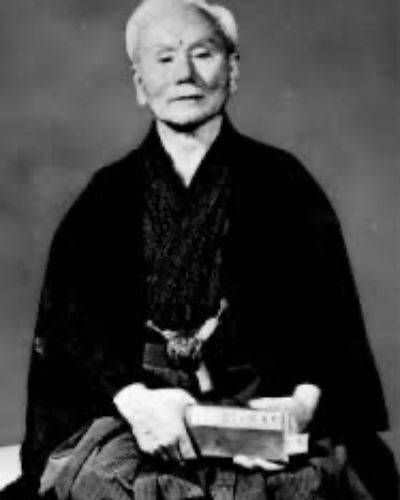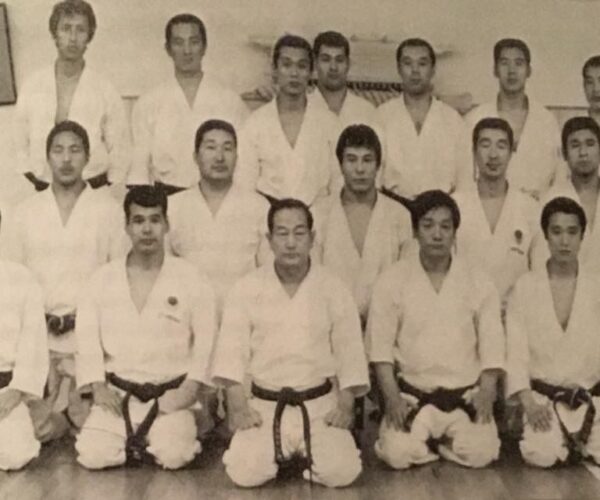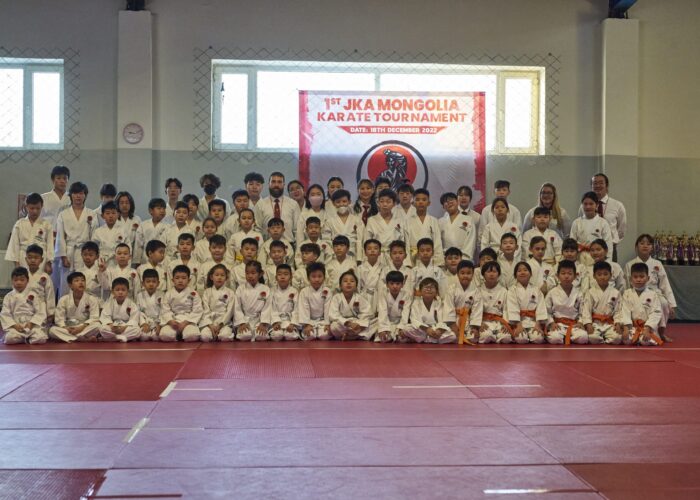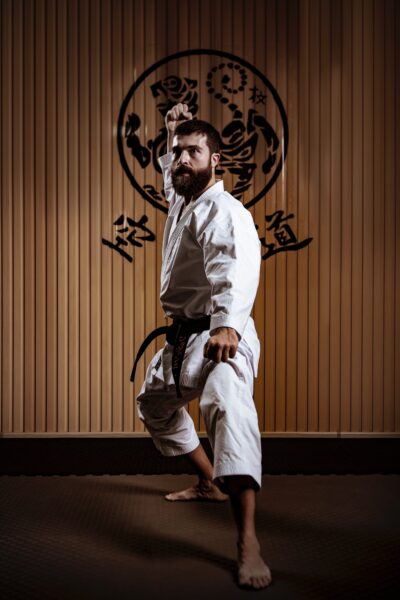6790c347d265c

ABOUT JAPAN KARATE ASSOCIATION
JKA - The Keeper of Karate's Highest Tradition Founded in November 1948 by the students of master Funakoshi Gichin that introduced karate in Japan mainland, also considered as the father of modern Karate making master Funakoshi as Emeritus Chief Instructor of the Association. The Japan Karate Association (JKA) was highly appreciated for its social activities, and received approval from the Japanese Ministry of Education as a “General Incorporated Association” in 1957. From then until now, the JKA has devoted its effort to inherit and develop this irreplaceable martial arts culture born in Japan. Consequently, on 21st March, 2012, the JKA got approved as “Public Interest Incorporated Association” by the Prime Minister of Japan.
6790c347d3698
Since 1948
The aim of Japan Karate Association is to contribute to world peace through
1) conducting research and providing instruction of Karate-Do,
2) influencing children and adolescents to improve their physical and mental health as well as cultivating the spirit of martial arts, and
3) wide distribution of the concept of Japanese martial art which emphasizes manners and respect.
As on date the JKA has presence in over 130 countries in the world and considered as the oldest, largest and most prestigious karate educational organisation in the world.
To know more about the JKA please visit: https://www.jka.or.jp/en

6790c347d3cbb

JKA/WF MONGOLIA
Was established in 2021 in Ulaanbaatar, And it's the only official representative of the Japan Karate Association in Mongolia. Since then the JKA/WF Mongolia is working relentlessly towards the promotion of karate-do as taught in the JKA in Japan. Currently, it has two dojos in Ulaanbaatar and gives high-quality traditional karate classes for all ages from 6 to up.
6790c347d4259

The Chief instructor and JKA Mongolia Chairman, is from Italy, he has been practicing karate for more than 30 years and has 15 years of international teaching experience. Pluri-national medalist, he has trained with many influencial practitioners, such as Hiroshi Shirai, Takeshi Naito, Masao Kawasoe, Masaro Miura and Shigeo Nishiyama.

